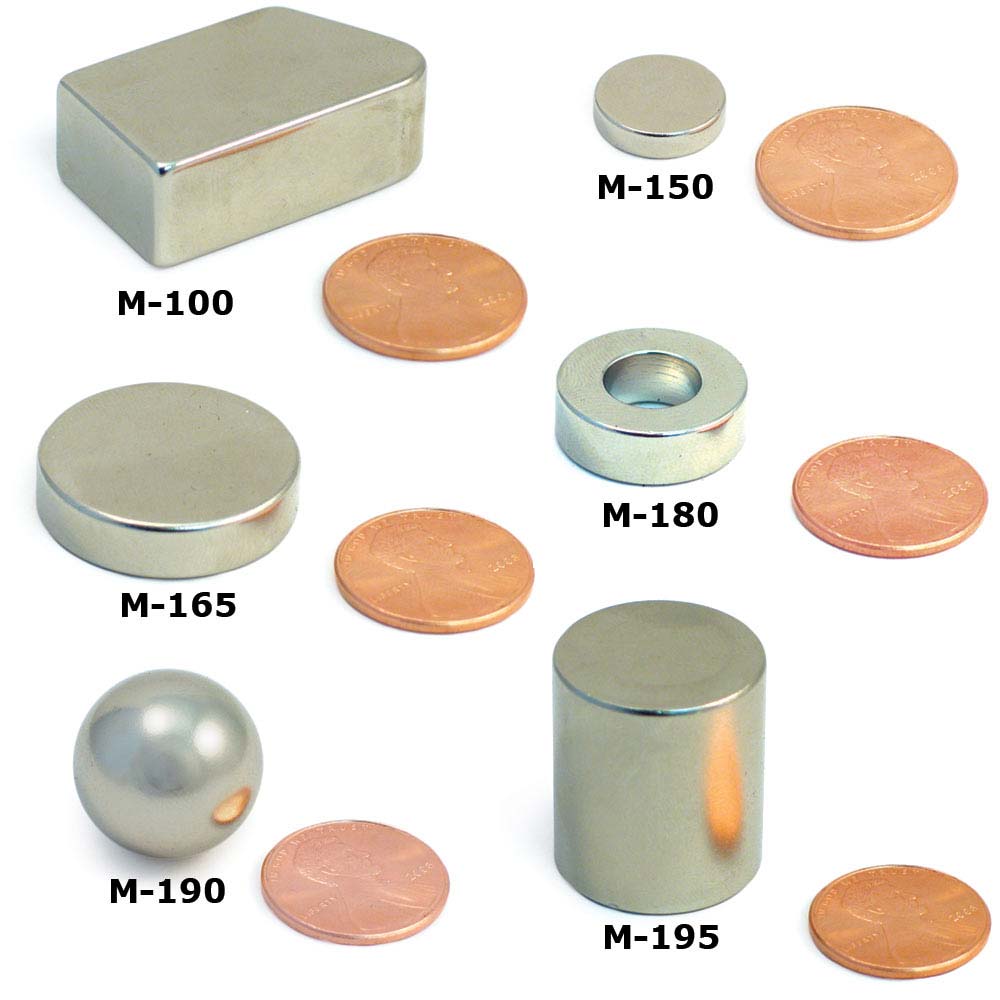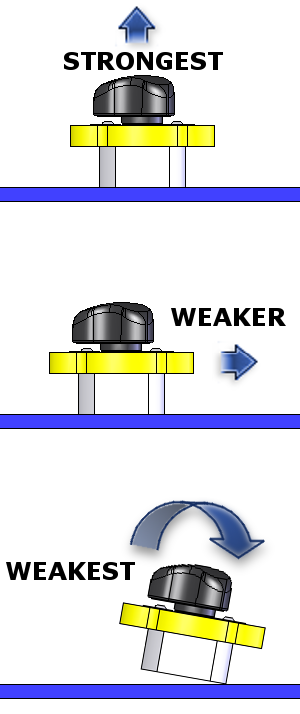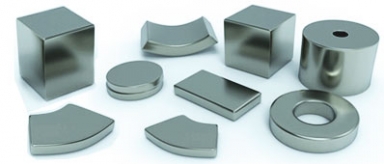Do Ceramic Magnets Conduct Electricity

A magnetic field pulls and pushes electrons in certain objects closer to them making them move.
Do ceramic magnets conduct electricity. Thus when the neodymium magnets are attached to either end of the battery and resting on the uninsulated copper wire a local circuit is made along the length of the battery. Whether or not a magnet can conduct electricity depends entirley on the material of which they are composed. Ceramic magnets also known as ferrite magnets were developed in the 1960 s as a low cost alternative to metallic magnets. Here s how it works.
They are composed of iron oxide and strontium carbonate. However not all of these five types of magnets can conduct electricity such as ferrite magnets can not conduct electricity the remaining four kinds of magnets can conduct electricity but the conductivity depends on the composition of each magnet itself. Metals such as copper and aluminum have electrons that are loosely held. Most of these conductors are advanced ceramics modern materials whose properties are modified through precise control over their fabrication from powders into products.
Some ceramics however are excellent conductors of electricity. If it is an alnico magnet which is all metals it will conduct electricity. Metals like copper have electrons that are easily moved from their orbits. Based on the materials that make them up ceramic magnets do not conduct electricity.
To their advantage alnico magnets though still brittle are typically less brittle than most rare earth magnets and produce a strong magnetic field. Nd fe b strong magnet permanent magnet ferrite samarium cobalt magnet al ni co magnet ferrochromium cobalt magnet. It depends on the material of the magnet. Moving magnetic fields pull and push electrons.
While their hard brittle quality and low energy exclude them from some applications ceramic magnets have won wide acceptance due to their corrosion and demagnetization resistance and low price per pound. Most ceramics resist the flow of electric current and for this reason ceramic materials such as porcelain have traditionally been made into electric insulators. It it s a powdered ferrite magnet it will not conduct electricity at least not very well. The properties of magnets are used to make electricity.
Moving a magnet around a coil of wire or moving a coil of wire around a magnet pushes the electrons in the wire and creates an electrical current. If its a metal magnet then more than likely albeit poorly.














































